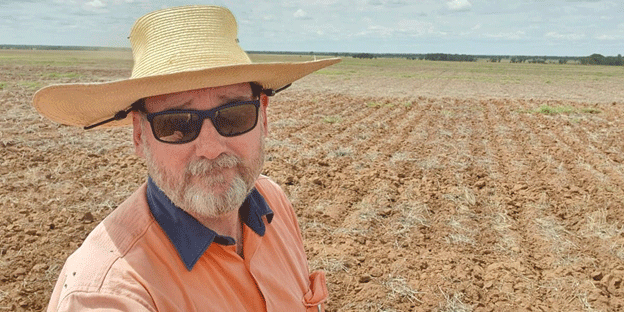In a bid to revolutionize grain production in Queensland, the Department of Agriculture and Fisheries (DAF) has embarked on extensive research into deep phosphorus-banding methods. This pioneering approach involves strategically placing phosphorus fertilizers between 10 and 30 cm below the soil surface, targeting improved yield outcomes for grain growers across central and southern Queensland. Recent studies indicate that deep banding can potentially increase crop yields by more than 10% compared to conventional surface applications alone.
The initiative, funded through a substantial investment by the Grains Research and Development Corporation (GRDC), aims to optimize phosphorus use efficiency while minimizing environmental impact. The research spans nine new sites across diverse regions like Condamine, Roma, and Mungindi, providing valuable insights into soil behavior, fertilization intensity, and spatial distribution effects. These trials, conducted at both commercial and experimental scales, evaluate yield responses under real-world farming conditions.
Furthermore, ongoing projects explore the long-term residual benefits of deep phosphorus-banding, examining sites established between 2013 and 2016. Researchers are reassessing these plots 6-10 years post-application to gauge sustained effectiveness and inform future fertilizer management strategies. By enhancing phosphorus placement precision, the research aims to optimize crop uptake efficiency, thereby reducing runoff and environmental risks associated with traditional application methods.
Rebecca Raymond, GRDC’s grower relations manager, underscores the significance of these initiatives in advancing agricultural sustainability. She highlights additional investments aimed at understanding phosphorus dynamics within farming systems and assessing economic viability across different environments. This holistic approach ensures that research findings are robustly validated and applicable to diverse farming contexts, promising substantial cost benefits for growers.
In conclusion, Queensland’s deep-banding phosphorus research represents a pivotal step towards sustainable agricultural practices. By integrating scientific insights with on-ground validation, this initiative not only boosts crop productivity but also underscores the critical role of efficient nutrient management in agricultural sustainability.
Error




